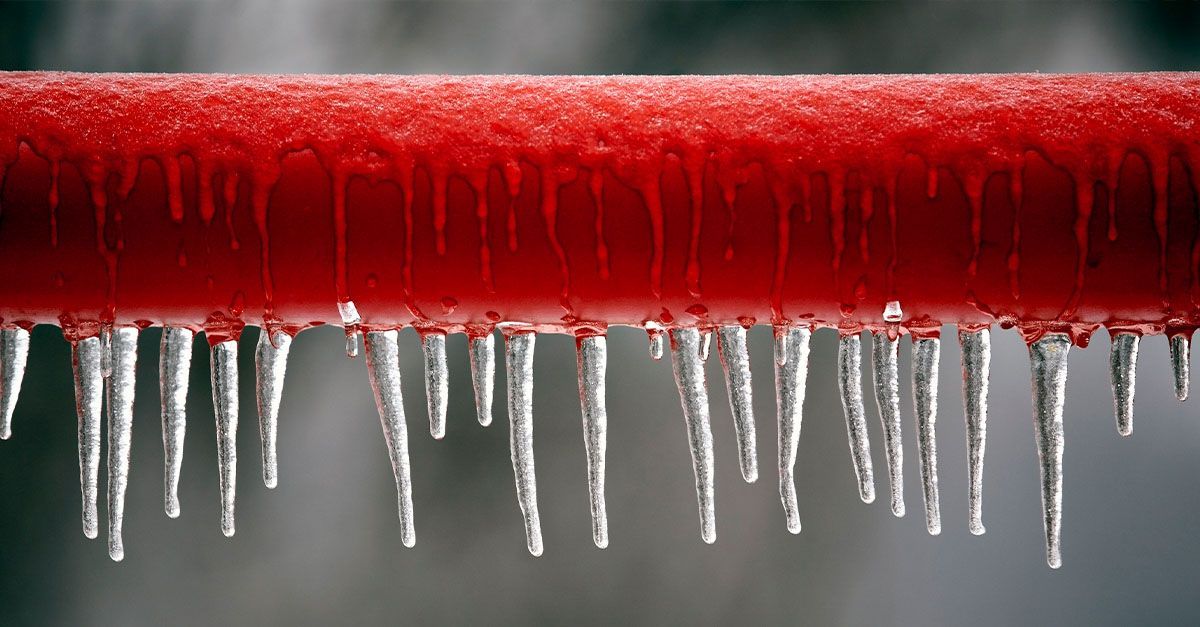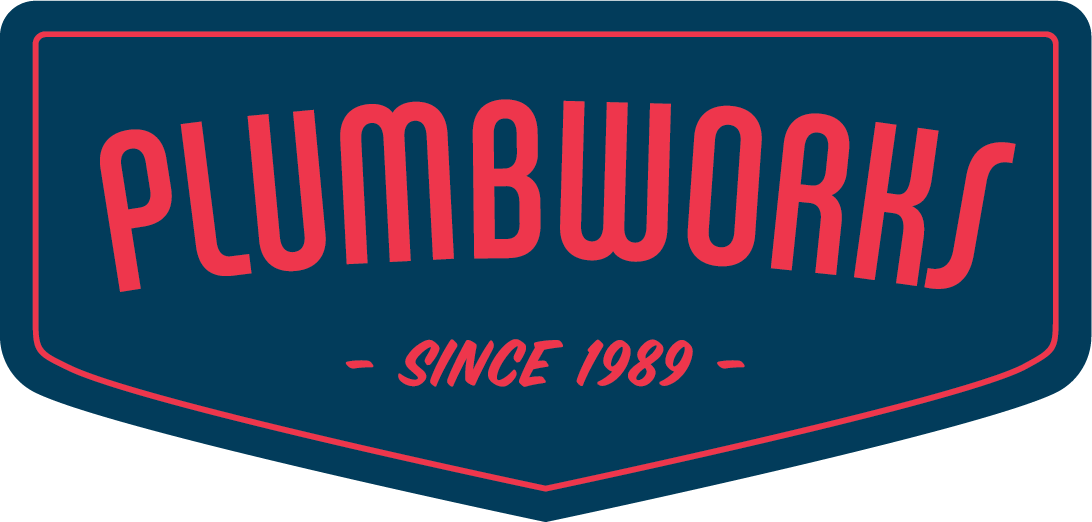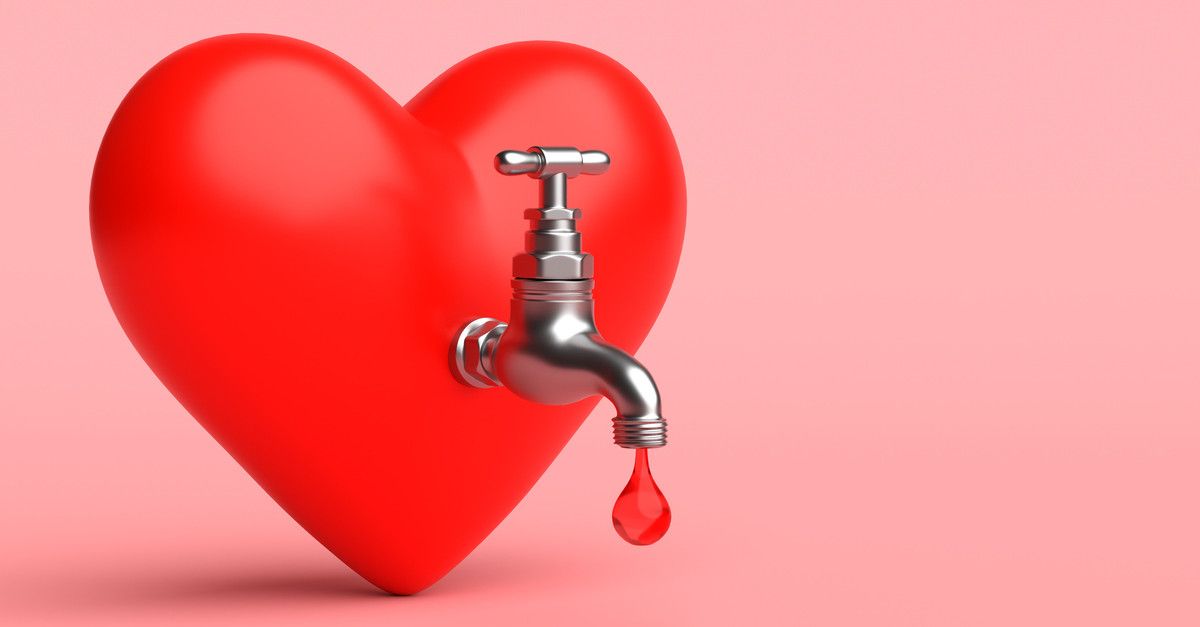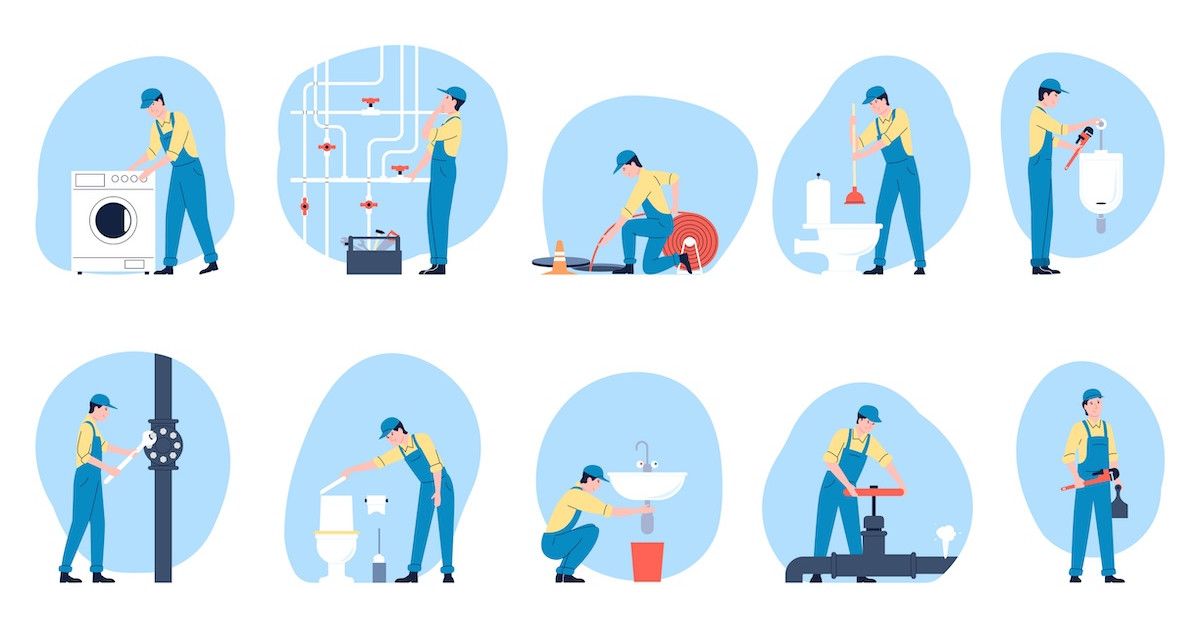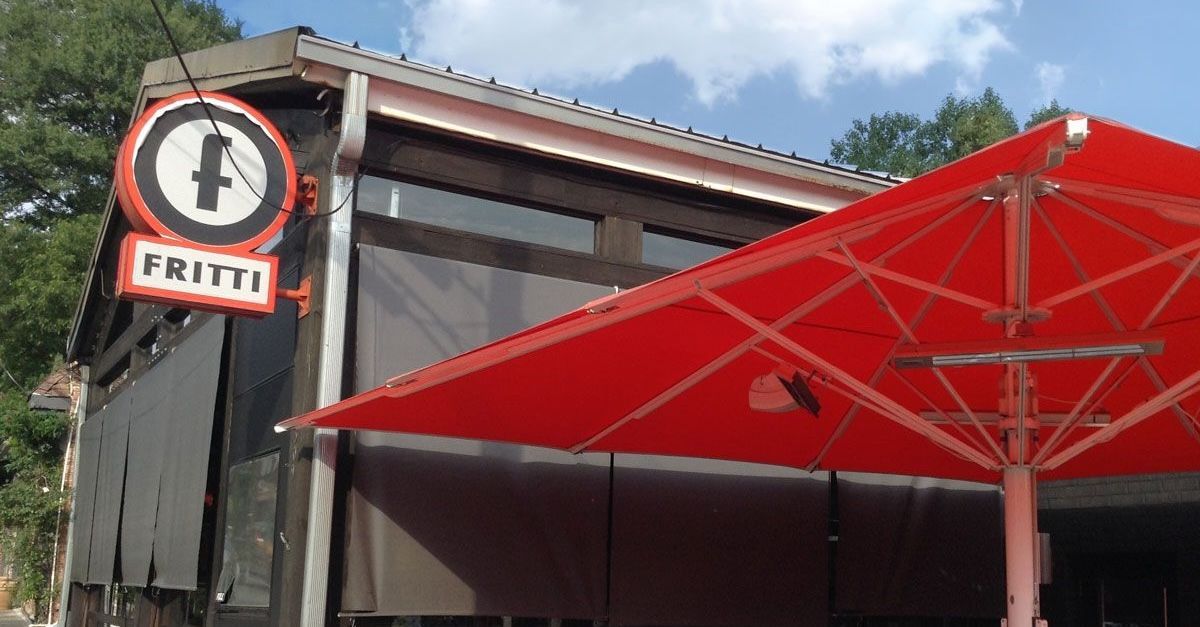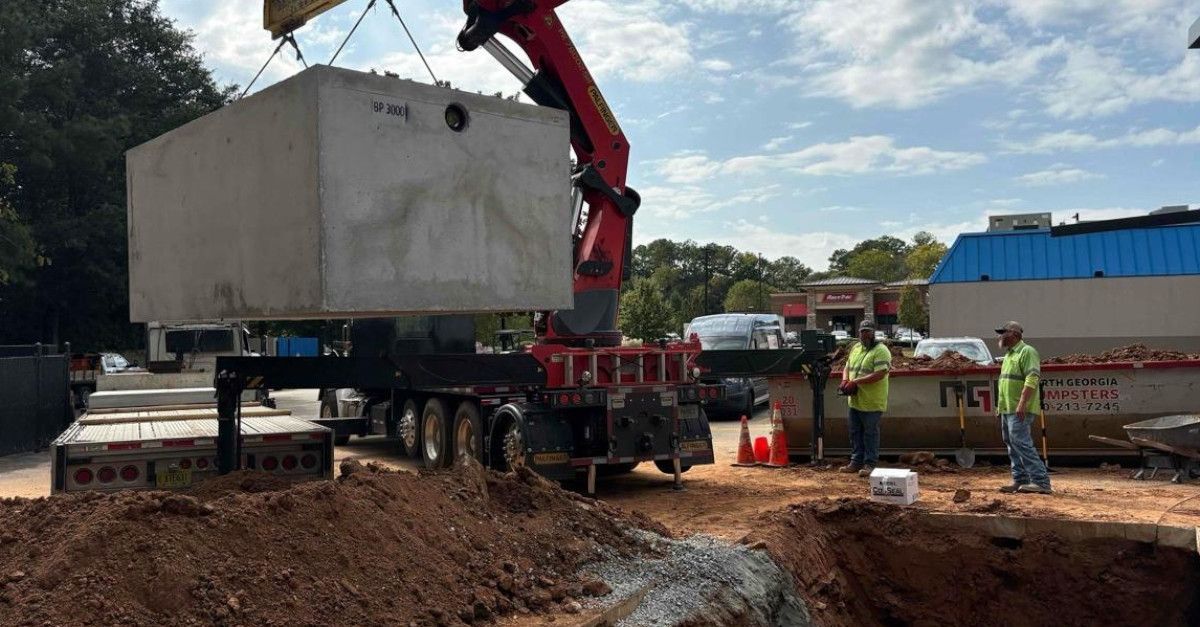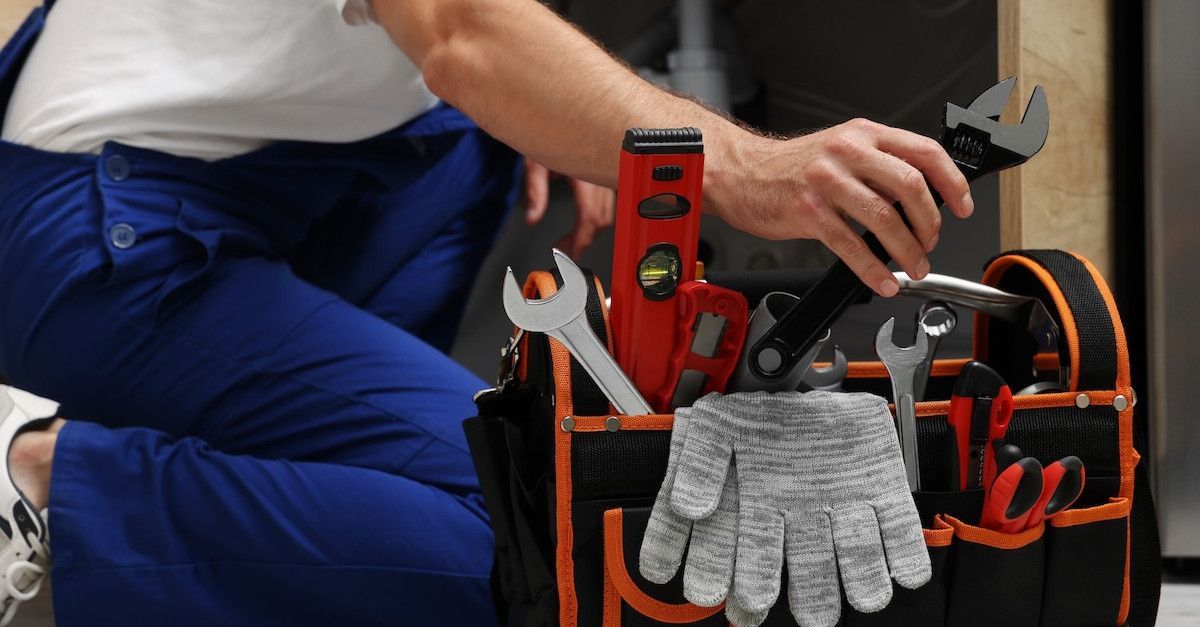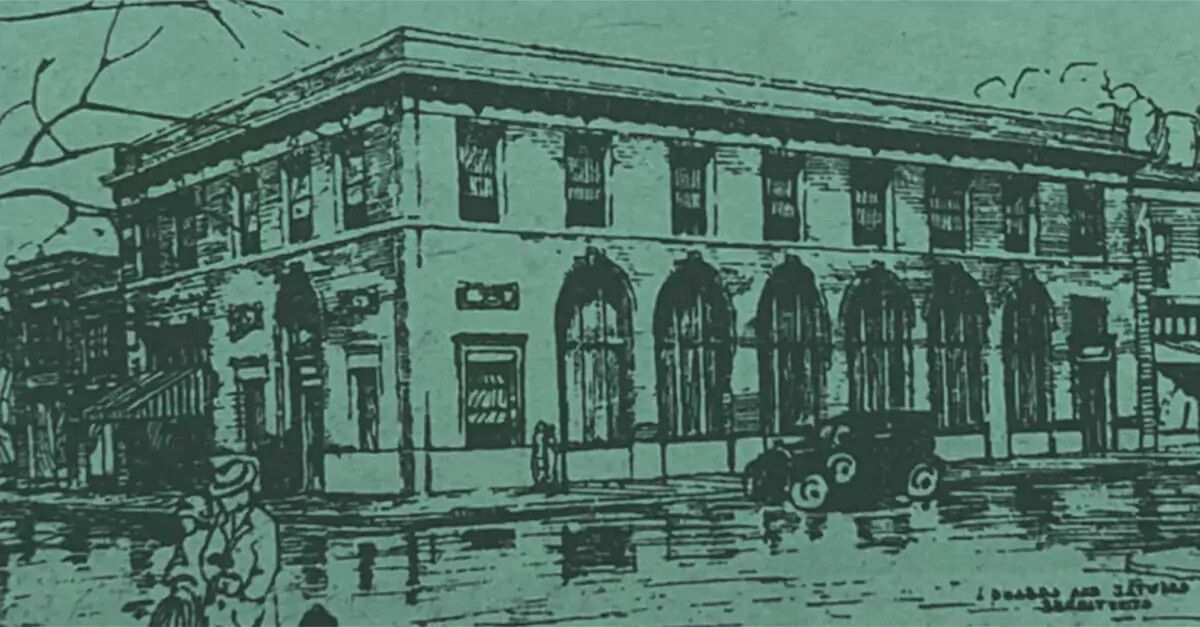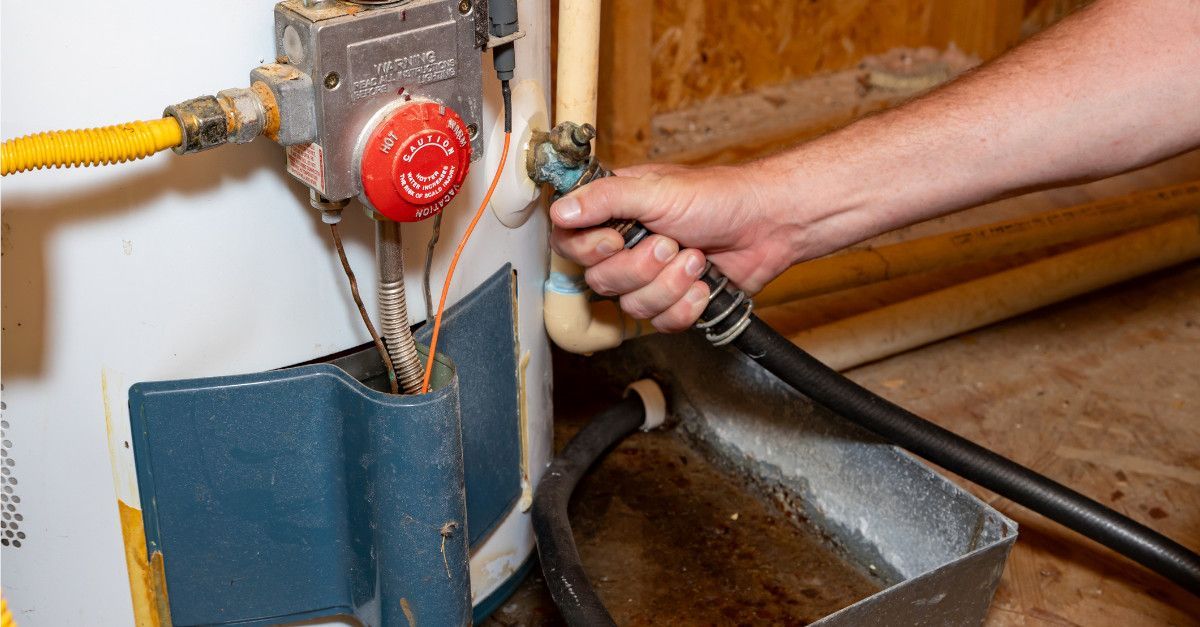What to Do If Your Garbage Disposal Is Leaking
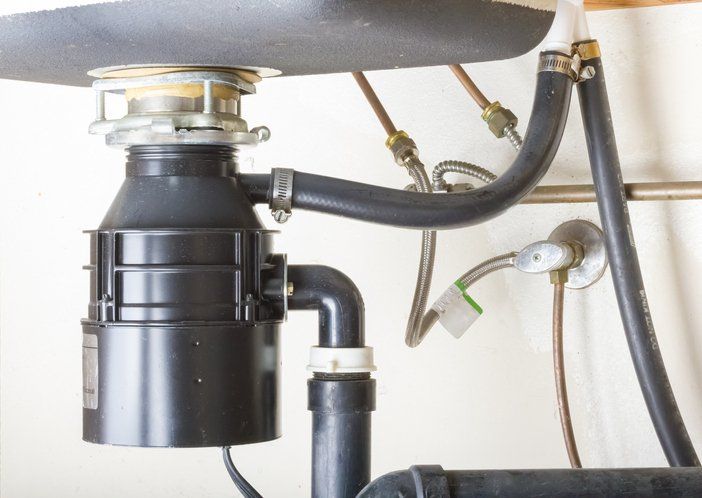
When your garbage disposal is leaking, the signs will be clear. You may notice a huge mess underneath the kitchen sink where water is collecting. Even worse, you may smell a foul odor, or find that bugs or rodents are attracted to the area. For these reasons, leaking garbage disposals should be taken care of as soon as possible.
Though there are many potential causes for leaks, you may be able to find and solve the problem at home without the help of a
plumber. We are going to explain what you yourself can do when the garbage disposal starts leaking to help mitigate the damage it could cause.
Why is my garbage disposal leaking?
Overtime, your garbage disposal will age and can eventually become misaligned. It’s normal for garbage disposals to start wearing down or maybe even cracking after many years of use. It’s also easy to accidentally nudge it out of position, especially as the seals which connect the garbage disposal naturally loosen over time. All these circumstances can contribute to the occasional leak. Many of these issues can be taken care of at home and without a lot of money involved.
How to Fix Your Garbage Disposal
The leak in your garbage disposal could have many different causes. The best way to find the proper solution is by first discovering where on the garbage disposal that the leak is coming from.
Spot the Leak
There are a few similar methods for locating the site of the leak on the garbage disposal, but all of them involve running the water and watching. The spot where the leak comes from will allow you to determine the appropriate actions for stopping it. You’ll first need to dry off the outside of the garbage disposal underneath the sink with a rag or towel. The next step is to run the sink water and watch the disposal carefully. Shining a flashlight directly at the disposal will help you to see any escaping glimmers of water. You want to spot the exact area of the disposal that the water is coming from. It may be the top, bottom, or from somewhere on the sides. Each indicates a different cause, which may require a different solution.
Fix the Leak Accordingly
Each of these leak locations have common causes that you may be able to fix on your own. If the leak is coming from the top, the sink flange is likely loose. Leaks coming from the side might indicate an issue where the dishwasher hose connects, while leaks at the bottom of the unit likely means that an internal seal has been broken. After determining the source of your leak, follow the corresponding advice to try and remedy it:
Leaking from the Top
Most commonly, leaking water from the top of the garbage disposal is caused by a loose flange.The sink flange connects the garbage disposal to the drain using bolts and plumber’s putty for a tight seal. First, check that the bolts are securely tightened. If that doesn’t fix the problem, you may need to add more plumber’s putty around the rim of the flange. Luckily, plumber’s putty can be found in most hardware stores. You will have to loosen the bolts to add new plumber’s putty, or you can detach the disposal before adding it. Everything should be secure and tightened after the putty is in place.
Leaking from the Side
The side of the garbage disposal is where the dishwasher connects. The main drain line is attached by screws and a rubber gasket. Try tightening the clamp’s screws for the main drain line with a screwdriver. Something else that may fix the leak is replacing the rubber gasket with a new one. If you notice cracking or wear on the hose which connects the dishwasher and garbage disposal, then it may need to be replaced.
Leaking from Bottom
Oftentimes, leaks from the bottom of a disposal can be caused by internal damage and wear. In this case, you’ll need to replace the entire garbage disposal. If you feel comfortable doing this at home, you will be able to save money by not hiring a plumber to help with installation.
Need professional help with your garbage disposal?
Sometimes, leaks aren’t easy to handle at home, especially for homeowners with limited plumbing experience. The experts at Plumb Works are experienced with a multitude of garbage disposal problems like breaks, leaks, and clogs. Whatever is happening under your sink, we will be glad to help out. Even if that means installing an entirely new garbage disposal. To ask about our garbage disposal services or schedule an appointment, simply call 404-524-1825.
